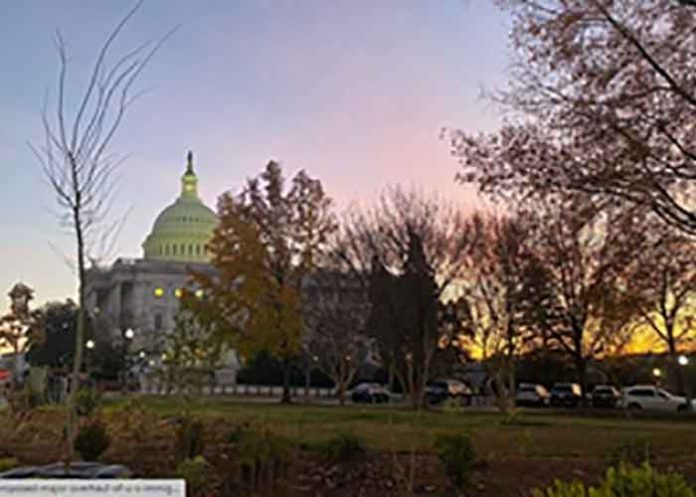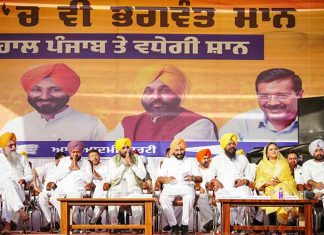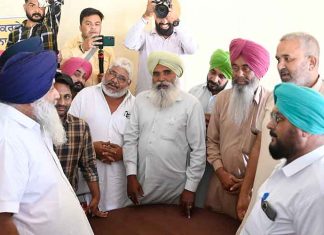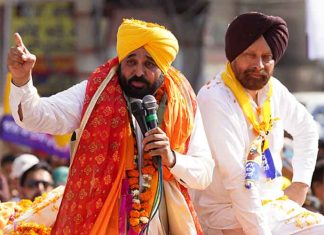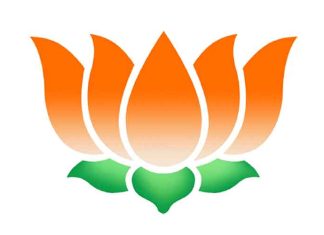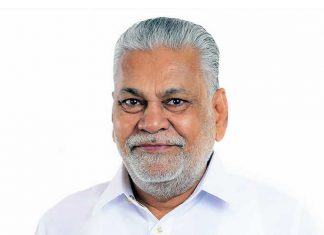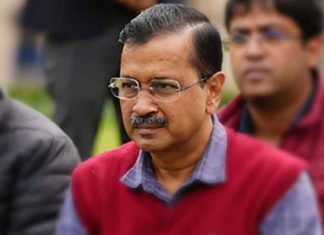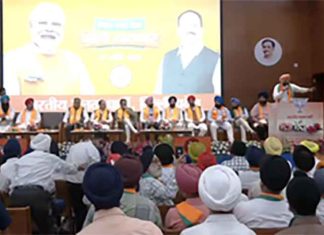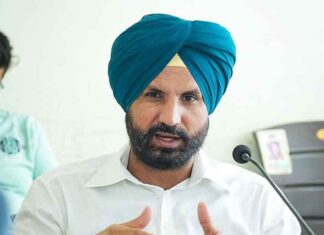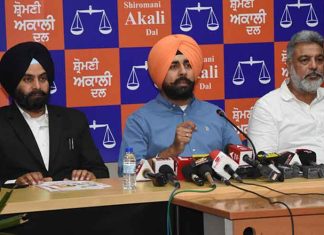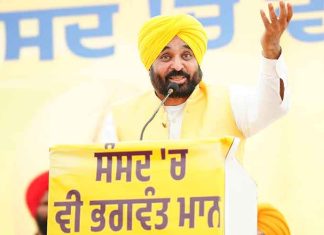New York, Feb 5, 2024
The Immigration Reform Bill unveiled by a bipartisan group of Senators has several provisions that could benefit Indians — if passed — including protection for H1B visa holders’ children who become adults during the green card wait, automatic work authorisation for H1B workers’ spouses and additional green cards.
The Bill provides 50,000 additional immigrant visas — or green cards — during each of the next five years, according to the draft published by Arizona Senator Kyrsten Sinema on Sunday evening.
The ambitious Bill that aims for the first comprehensive reform of the broken immigration system since 1986 when Ronald Reagan was US President is, however, imperilled by the opposition of former President Donald Trump and his hardline followers in Congress.
The Bill would automatically allow spouses and children of H1B visa holders to work.
Spouses, and fiances of US citizens and their children would also get work permits while they are in the process of getting their green cards.
A special category of visas would be given to those waiting for their green cards to visit family in the US temporarily, but without work authorisation.
The bill aims at mainly dealing with the border crisis that has seen 7.5 million people enter the US illegally since President Joe Biden assumed office, according to the Republican-controlled House of Representatives Homeland Security Committee and the other measures are add-ons.
Republicans made containing illegal immigration and tightening the standards and procedures for asylum a condition for approving $60 billion in aid to Ukraine and $14 billion to Israel, which Biden desperately seeks.
After nearly four months of negotiations, Senators Kyrsten Sinema, an Independent, James Lankford, a Republican, and Chris Murphy, a Democrat, crafted the Immigration Reform Bill in hopes of ending the stalemate.
However, the Bill faces an uphill battle in Congress because hardline Republicans have said they would not vote for it taking their cue from Trump, who wants the migrant crisis to continue to be a potent issue in the November election.
US House Speaker Mike Johnson, a Republican, posted on X, “If this bill reaches the House, it will be dead on arrival.”
“It won’t come close to ending the border catastrophe the President has created,” he said, reflecting the views of many Republicans who claim it doesn’t go far enough.
Throwing them a challenge, Biden said, “House Republicans have to decide: Do they want to solve the problem? Or do they want to keep playing politics with the border?”
Even if the party’s leadership allows it to get to a vote in the Republican-controlled House, it would require the support of members of both parties because of the opposition by hardline Republicans and by Democrats on the left who have been critical of it, but for different reasons.
Sinema warned, “Senators must make a decision: Pass our package and solve the crisis or accept the status quo, do nothing, and keep playing politics while our system breaks and our communities continue to suffer.”
It has a better chance of getting through the Democrat-controlled Senate.
The Bill would allocate 18,000 of the additional 50,000 green cards to the employment category and 32,000 to relatives of citizens.
However, it did not appear to specify any changes to the way green cards are distributed by nationality, which has a limit of seven per cent of the total for each country’s citizens, regardless of the size of the population, treating India and China with population of about 1.4 billion on par with Tuvalu and Nauru with about 12,000.
The total number of employment and family green cards covering all countries is set at 366 this year.
Indians are among those hit hardest by the country limit.
In some employment green card categories, Indians whose green cards were approved in 2012 are only now able to get them and in some family categories, it goes back to 2005, according to the State Department.
H1B visa holders’ children, who entered the US as minors, lose their visa status if their parents do not get green cards by the time they turn 21 and face deportation under the current regulations.
Because of the country quotas, many Indian H1B visa holders eligible for green cards will have to wait for several decades to get green cards for themselves and their families as the backlog continues to build.
This tears apart families, forcing the children to leave the country after having lived here for several years while their parents remain in the US with younger siblings.
The Bill would remedy this by making the children of H1B visa holders eligible to continue to legally live and work in the US after turning 21 while waiting for their green cards.
It could benefit about 250,000 people, according to Sinema’s office — and many would be Indians.
In pursuit of its main goal of restricting the momentous influx of migrants that is threatening Biden’s re-election, the bill would shut down the border if more than 5,000 people per day on average during a week or more than 8,500 on any day try to cross it.
It would raise the standards for claiming asylum by barring those who had lived safely in another country and those who could relocate to a safer location in their country.
Officials would be required to detain those sneaking across the border.
The Bill would also make it easier to deport those who fail to prove their claims for asylum.(Agency)



